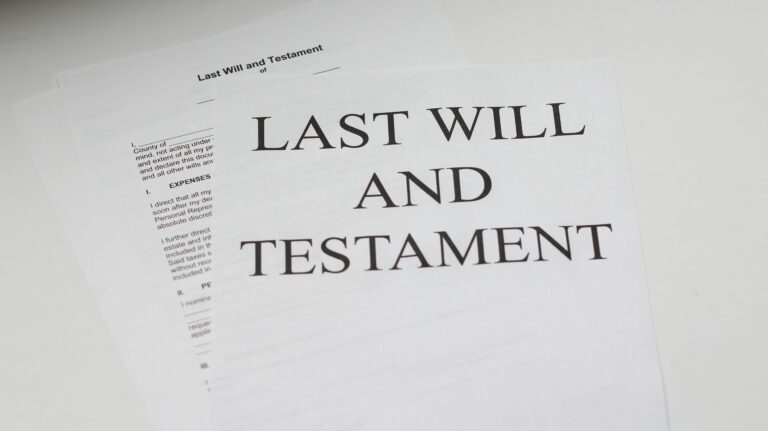
Should I Look at I-Bonds for My Estate Plan?
Kiplinger’s recent article entitled “What Are I-Bonds?” compiled answers to some frequently asked questions about series I bonds.
How is the interest rate determined? The composite rate has two parts: (i) a fixed rate that stays the same for the life of the bond; and (ii) an inflation rate based on the consumer price index (CPI). Each May and November, the U.S. Treasury Department announces a new fixed rate and inflation rate that apply to bonds issued during the following six months. The inflation rate changes every six months from the bond’s issue date.
How does interest accrue? They earn interest monthly from the first day of the month of the issue date, and interest is compounded semi-annually. Interest is added to the bond’s principal value. Note that you can’t redeem an I-Bond in the first year, and if you cash it in before five years, you forfeit the most recent three months of interest. If you check your bond’s value at TreasuryDirect.gov, within the first five years of owning it, the amount you’ll see will have the three-month penalty subtracted from it. As a result, when you buy a new bond, interest doesn’t show until the first day of the fourth month following the issue month.
How many I-Bonds can I buy? You can purchase up to $10,000 per calendar year in electronic bonds through TreasuryDirect.gov. You can also buy up to $5,000 each year in paper bonds with your tax refund. For those who are married filing jointly, the limit is $5,000 per couple.
How are I-Bonds taxed? I-Bond interest is free of state and local income tax. You can also defer federal tax until you file a tax return for the year you cash in the bond or it stops earning interest because it has reached final maturity (after 30 years), whichever comes first. You can also report the interest every year, which may be a good choice if you’d rather avoid one large tax bill in the future.
If you use the bonds’ proceeds to pay for certain higher-education expenses for your spouse, your dependents, or yourself, you may avoid federal tax. However, you must meet several requirements to be eligible. Among them, the bond owner must have been at least 24 years old by the issue date and have income that falls below specified limits.
Reference: Kiplinger (Oct. 11, 2022) “What Are I-Bonds?”









